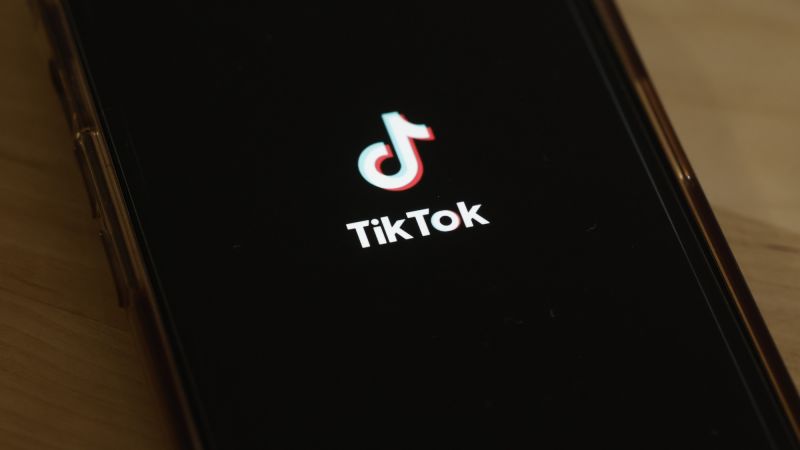
In recent days, there have been renewed calls for a ban on the popular social media app TikTok in the United States. The push for a ban comes as both Democrats and Republicans in Congress express concerns over the app's ties to China and potential data privacy issues. According to multiple reports, the Chinese Embassy has been quietly lobbying against any potential TikTok ban, which has only fueled bipartisan ire in Washington.
The latest development comes as House Republican leaders have included legislation that could force a TikTok ban in the US if its China-based owner, ByteDance Ltd., doesn't sell its stake in the app. The bill could be law as soon as next week if Congress moves quickly. President Joe Biden has also stated that he would sign the TikTok legislation if it reaches his desk.
The Senate Commerce Committee Chairwoman, Maria Cantwell, successfully pushed to extend the period from six months to a year for ByteDance Ltd. to sell its stake in TikTok. However, opponents argue that the ban would be unconstitutional and face likely court challenges. TikTok has spent $5 million on TV ads opposing the legislation and has mounted a lobbying campaign in Washington.
The controversy surrounding TikTok is not new, as former President Donald Trump attempted to ban the app in 2020. However, this latest push for a ban comes amid heightened tensions between China and the US over various issues, including trade and human rights.
Despite the ongoing debate over TikTok's future in the US, it remains to be seen whether a ban would actually be effective in addressing concerns over data privacy and potential Chinese influence. Some experts argue that a ban could have unintended consequences, such as driving users to alternative platforms that may also pose similar risks.
As the situation continues to unfold, it is important for consumers and policymakers alike to stay informed about the latest developments regarding TikTok and its potential impact on privacy and national security.
